Some accidental mistakes have led researchers to issue a long correction to a 2016 PNAS paper.
According to the notice, when the cell biology paper’s corresponding authors became aware of duplications in two images, they immediately notified the journal and the University of Nottingham. After examining the original data archives, the university found that the authors generated the correct images, but the person who prepared the figures selected the wrong images from the data archive.
According to John Atherton, faculty pro-vice-chancellor for the Faculty of Medicine and Health Sciences at the University of Nottingham in the UK, who oversaw the investigation: Continue reading “Clumsy but genuine errors” prompt PNAS correction
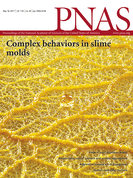
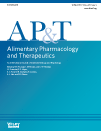 A gastroenterology and hepatology journal has retracted a 2017 review after discovering it included data “accessible only during peer review for another journal.”
A gastroenterology and hepatology journal has retracted a 2017 review after discovering it included data “accessible only during peer review for another journal.”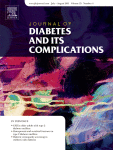
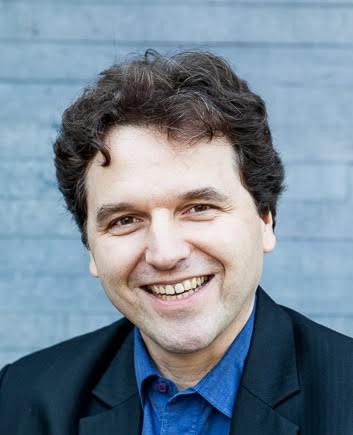

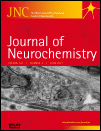 A neurochemistry journal has retracted a paper from a group in China over a duplicated image.
A neurochemistry journal has retracted a paper from a group in China over a duplicated image.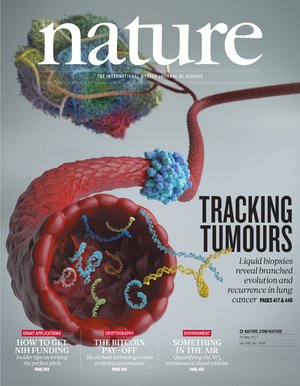 A former researcher at Johns Hopkins who voiced concerns about a now-retracted paper in
A former researcher at Johns Hopkins who voiced concerns about a now-retracted paper in 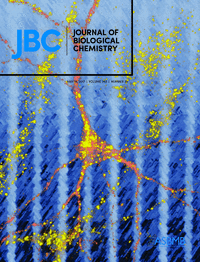 On April 27, the Journal of Biological Chemistry (JBC) retracted nine papers by a researcher based in Israel, including some dating back to 2000.
On April 27, the Journal of Biological Chemistry (JBC) retracted nine papers by a researcher based in Israel, including some dating back to 2000.